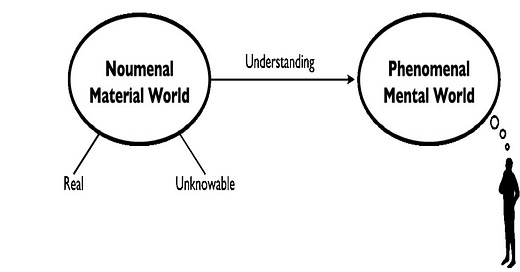Master Class [105]: Immanuel Kant
Human Reason and Modern thought
Immanuel Kant is one of the single most important philosophers to have ever lived. His work forever changed the shape of Western philosophy. Born on April 22, 1724, in Königsberg, East Prussia, Kant came from a large and modest family. As Kant grew older, the popular Protestant movement Pietism played a large role in his family’s life (and would subsequently influence his later work).
At eight years old, Kant attended the Collegium Fridericianum, where he studied classicism. Kant remained there until 1740, when he enrolled in the University of Königsberg, studying mathematics and philosophy. When his father died in 1746, Kant found himself suddenly without money and began to take work as a private tutor to pay for his education. He worked as a tutor for seven years, and it was during this time that Kant published many of his philosophical ideas.
Kant worked as a lecturer at the University of Königsberg for fifteen years, until finally, in 1770, he became a professor in logic and metaphysics. When he was fifty-seven years old, Kant published the Critique of Pure Reason, which is one of the single most important philosophical texts ever written. In his book, Kant detailed how the human mind organizes experiences in two ways: how the world appears, and how one thinks about the world.
Kant continued to teach at the University of Königsberg and write major philosophical texts for the next twenty-seven years. However, as word spread of his unorthodox methods of teaching religious texts, the Prussian government began to pressure Kant. In 1792, the king of Prussia barred Immanuel Kant from writing about and teaching religious subjects, which Kant obeyed until the king’s death five years later.
Kant taught at the same school until his retirement in 1796. Though his life was relatively ordinary, his contributions to philosophy were anything but ordinary.



